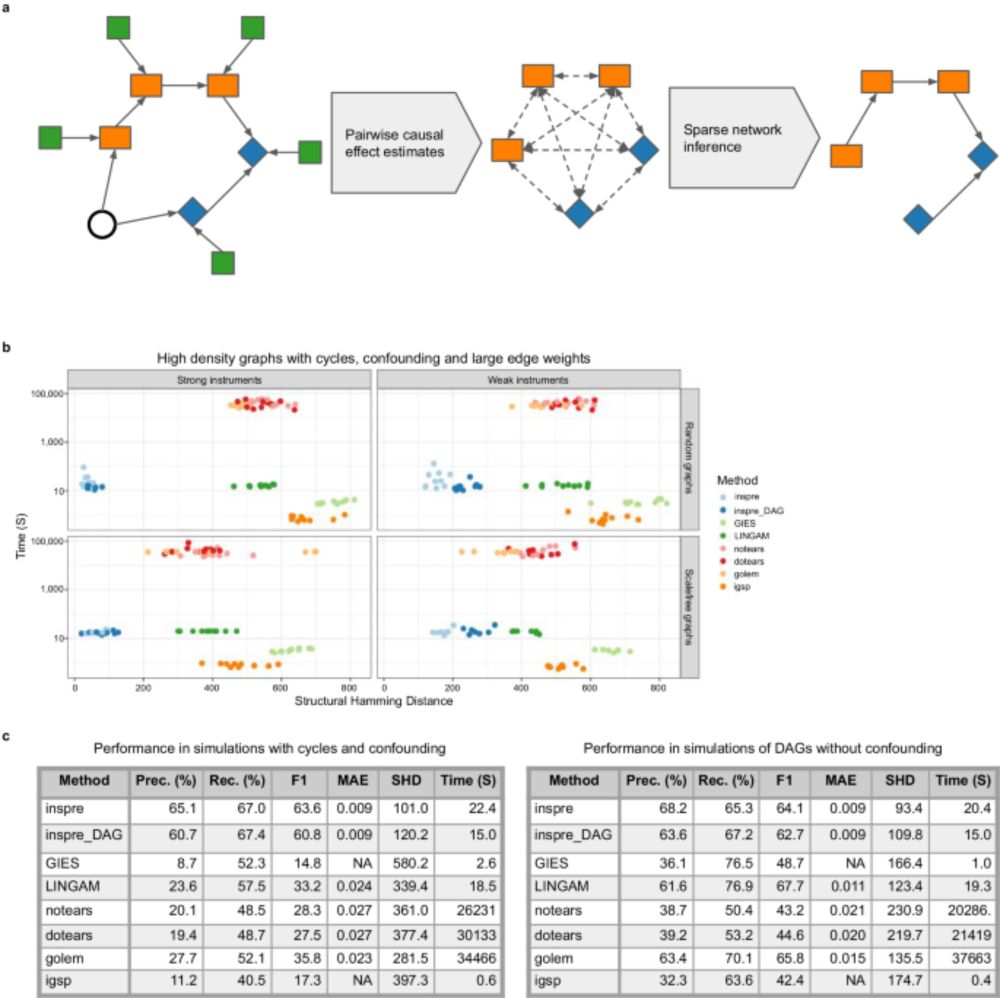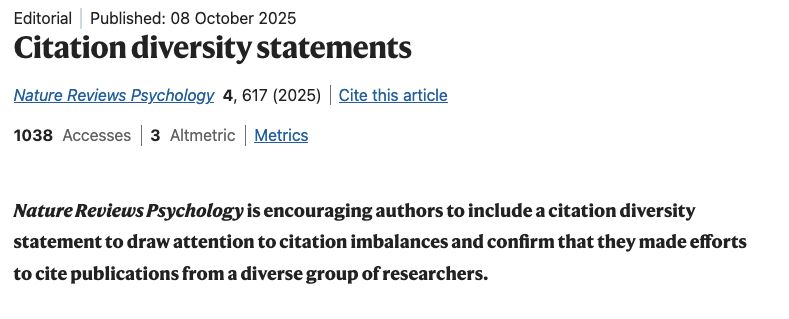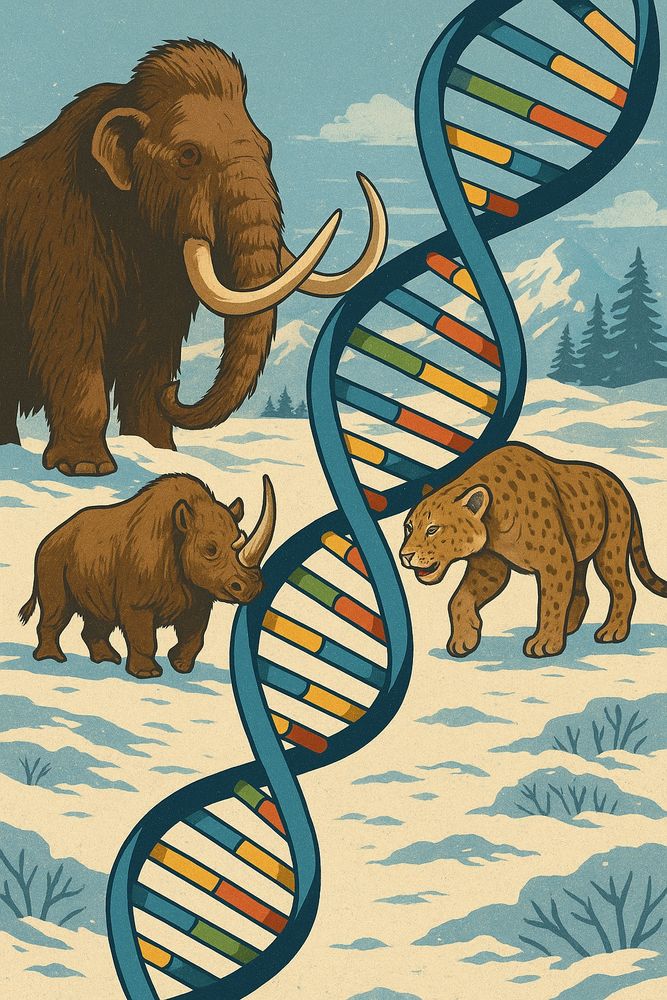
https://mooney-lab.github.io/
www.biorxiv.org/content/10.1...
www.biorxiv.org/content/10.1...
www.biorxiv.org/content/10.1...
www.biorxiv.org/content/10.1...

In new work @nature.com with @hakha.bsky.social, @jkpritch.bsky.social, and our wonderful coauthors we find that the key factors are what we call Specificity, Length, and Luck!
🧬🧪🧵
www.nature.com/articles/s41...

In new work @nature.com with @hakha.bsky.social, @jkpritch.bsky.social, and our wonderful coauthors we find that the key factors are what we call Specificity, Length, and Luck!
🧬🧪🧵
www.nature.com/articles/s41...
Head over to the registration page to find all the details and secure your spot 🏃♀️
📝 smbe2026.org/registration
🐦 Early-bird deadline: March 31, 2026
If you are an active member of the SMBE you can register for the meeting with discounts.
#SMBE2026

Head over to the registration page to find all the details and secure your spot 🏃♀️
📝 smbe2026.org/registration
🐦 Early-bird deadline: March 31, 2026
If you are an active member of the SMBE you can register for the meeting with discounts.
#SMBE2026
After nearly four years of dedicated work, our digitisation project is entering its final stretch — and we’re gearing up for an amazing finish by March 2026.
After nearly four years of dedicated work, our digitisation project is entering its final stretch — and we’re gearing up for an amazing finish by March 2026.
It’s pure misogyny baked into the system. Add race to the mix and it’s on a whole different level of hate that most won’t even admit. Time to get over that shit!
Let’s take a step forward on Tuesday.
[video: @mollyjongfast.bsky.social ]
It’s pure misogyny baked into the system. Add race to the mix and it’s on a whole different level of hate that most won’t even admit. Time to get over that shit!
Let’s take a step forward on Tuesday.
[video: @mollyjongfast.bsky.social ]




In the October issue of #GENETICS, @jazlynmooney.bsky.social and colleagues offer a timely and important reminder on the perils of eugenics. buff.ly/1Q5r3XF

In the October issue of #GENETICS, @jazlynmooney.bsky.social and colleagues offer a timely and important reminder on the perils of eugenics. buff.ly/1Q5r3XF
If you are a grad student or postdoc, this is a really great opportunity to get feedback and connect with others.

If you are a grad student or postdoc, this is a really great opportunity to get feedback and connect with others.
Happy about new opportunities, sad about the state of things in the US.
abetterscientist.wordpress.com/2025/10/26/w...

Happy about new opportunities, sad about the state of things in the US.
abetterscientist.wordpress.com/2025/10/26/w...
Out now in Science, my PhD work with @lindymcbr.bsky.social uncovers the ancient origin of the “London Underground mosquito” – one of the most iconic examples of urban adaptation.
🧵(1/n)
@science.org
www.science.org/doi/10.1126/science.ady4515

Out now in Science, my PhD work with @lindymcbr.bsky.social uncovers the ancient origin of the “London Underground mosquito” – one of the most iconic examples of urban adaptation.
🧵(1/n)
@science.org
www.science.org/doi/10.1126/science.ady4515
gitrepo: github.com/ybrandvain/b...
book: ybrandvain.github.io/biostats/
Not complete but at a good point to take a break, and I think its quite usable
dm me with comments , ideas etc
gitrepo: github.com/ybrandvain/b...
book: ybrandvain.github.io/biostats/
Not complete but at a good point to take a break, and I think its quite usable
dm me with comments , ideas etc

Registration is free but required. The deadline for talk submission is Nov. 16. Hope to see you soon! Pls RT!
docs.google.com/forms/d/e/1F...
Registration is free but required. The deadline for talk submission is Nov. 16. Hope to see you soon! Pls RT!
docs.google.com/forms/d/e/1F...
-LLMs hyping up bad ideas
-My 5 foster cats, but whether I'm secretly a dog person
-How it would be nice to "skip" & "mute" people in real life 😛
Check it out! 😄
tinyurl.com/yc4hjz2x

-LLMs hyping up bad ideas
-My 5 foster cats, but whether I'm secretly a dog person
-How it would be nice to "skip" & "mute" people in real life 😛
Check it out! 😄
tinyurl.com/yc4hjz2x
In our new PLOS Biology paper, we will try to convince you that two simple scaling laws drive differences in the number, effect sizes and frequencies of causal variants affecting complex traits.
Thread:
journals.plos.org/plosbiology/...

In our new PLOS Biology paper, we will try to convince you that two simple scaling laws drive differences in the number, effect sizes and frequencies of causal variants affecting complex traits.
Thread:
journals.plos.org/plosbiology/...
Start: Feb 2026 (flexible)
Application deadline: 24 Oct 2025
For details click here: tinyurl.com/BioExtPhD
Reposts appreciated 😁



